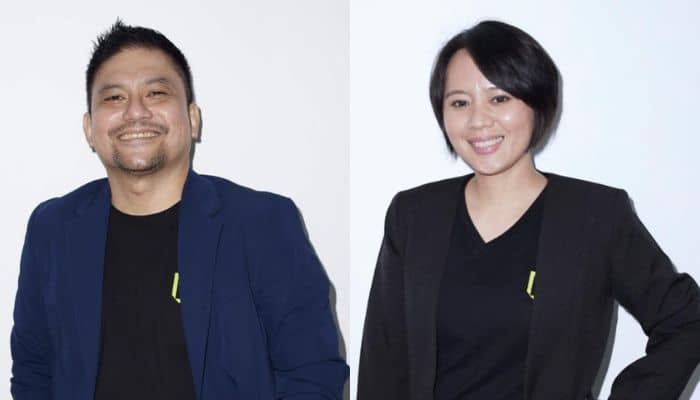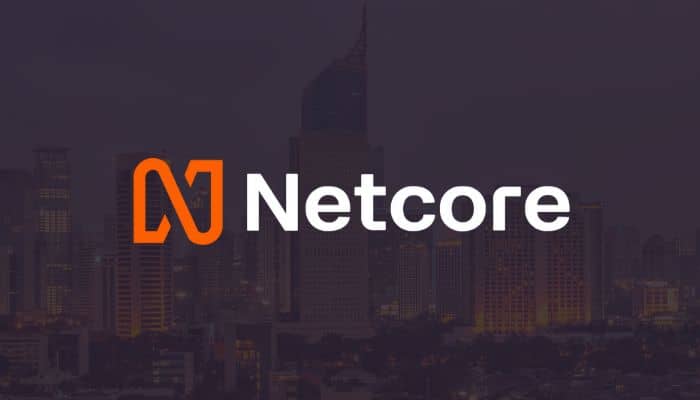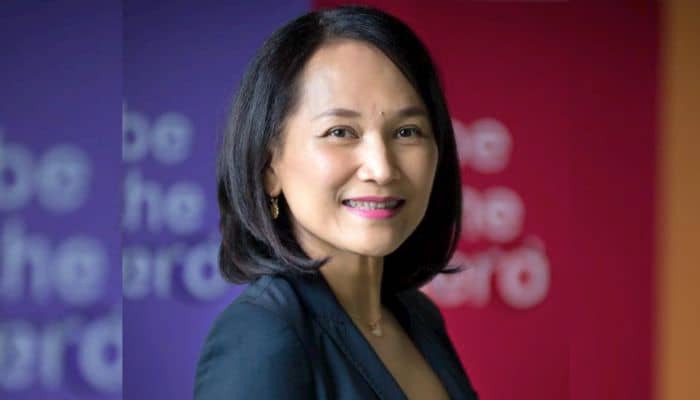In Indonesia’s high-stakes marketing arena, agility isn’t optional—it’s everything.
From navigating hyperlocal nuances to staying ahead of digital shifts, brands need more than just media buying—they need partners who can decode complexity and deliver results with speed and purpose.
Omnicom Media Group (OMG) Indonesia stands at the forefront of this challenge. As part of the global Omnicom network, the agency blends creative, data-driven, and tech-enabled solutions through the Omni open operating system to help brands win in one of Southeast Asia’s most dynamic markets.
For our latest Agency Leadership Decoded feature, MARKETECH APAC sat down with Rohan Mahajan, chief operating officer – media and creative services at OMG Indonesia, to uncover how he leads with purpose, cultivates adaptive talent, and drives the agency’s success in Indonesia’s fast-evolving media and marketing landscape.
A culture built on action and accountability
When asked about how his leadership philosophy drives the agency’s culture and results, Rohan puts it simply: “My leadership philosophy is rooted in a ‘Let’s get things done’ mindset—respond fast, act with purpose, and always put service first.”
At OMG Indonesia, this mindset translates into a collaborative and deeply client-focused culture. “More than just an agency, OMG Indonesia is a trusted partner for our clients, who are eager to collaborate and turn to us to help them navigate the complex media landscape,” he adds.
Having been with the agency for nearly a decade, Rohan believes that performance stems from more than just execution—it requires a deep understanding of client needs and challenges.
“I encourage teams to always deep-dive into client problems to develop a better grasp of the various challenges and opportunities,” Rohan explains. “This not only creates a culture of accountability, where driving results isn’t just a goal—it’s the standard to help our clients achieve their business ambitions.”
Staying ahead in Indonesia’s digital and diverse market
With Indonesia’s fast-paced digital evolution and diverse consumer landscape, adaptability is essential to maintaining OMG Indonesia’s competitive edge.
“Indonesia is a dynamic market—with its diverse consumer base and rapid digital adoption, there’s tremendous opportunity for both OMG and our clients,” Rohan shares. “To stay agile and innovative, we invest in rigorous training programmes and drive continuous learning through regional workstreams that promote knowledge exchange and best practices.”
This culture of learning and collaboration doesn’t just keep the team attuned to emerging trends—it ensures that every strategy is grounded in local relevance.
“It also helps upskill our talent, who are truly the backbone of OMG Indonesia’s success,” he adds.
Rohan further highlights the media holding company’s commitment to a test-and-learn mindset.
“We partner with all major platforms to equip our people with the latest tools and insights. Rotating our performance teams across different verticals keeps the work fresh, enhances retention, and builds well-rounded, adaptive talent.”
Transforming storytelling and planning for new consumer behaviours
OMG Indonesia is also evolving the way it crafts media strategies and narratives to stay in step with rising consumer expectations around digital commerce, influencer marketing, and hyperlocal engagement.
“Indonesians today expect content that’s not only personalised but also culturally relevant and rooted in community and convenience,” says Rohan.
To meet this demand, OMG Indonesia has embedded commerce signals into its planning process, leveraging data from platforms like TikTok Shop and Tokopedia.
“With our Omni open operating system, we can integrate first-party client data with real-time behavioural and transactional insights,” Rohan explains. “This enables smarter, more dynamic storytelling that adapts in real time to how consumers behave and shop.”
In the influencer space, OMG Indonesia is also shifting away from broad, macro-led approaches in favour of community-powered influence. “We’re working more with niche creators who are deeply embedded in local and passion-based ecosystems,” he notes.
OMG Indonesia’s hyperlocal approach is another key differentiator. “We deploy geo-specific creative variants and regional media mixes informed by local market intelligence,” says Rohan. “We’ve built internal playbooks specifically for targeting secondary cities, where digital adoption is accelerating—ensuring brand relevance scales far beyond Jakarta.”
Future-ready teams for Indonesia’s shifting media ecosystem
Looking toward the future, Rohan highlights the importance of building adaptable and digitally savvy talent.
“We prioritise building a team that is agile, adaptable, and future-ready,” he says. “As AI becomes mainstream, we focus on developing smarter talent who can integrate automation into everyday workflows, enhancing both performance and planning speed.”
With new media behaviours taking shape, Rohan emphasises how OMG Indonesia is investing in capabilities across data fluency, content strategy, commerce media, and platform-specific skills.
“We are also nurturing skills in audience segmentation, performance storytelling, retail media planning, and geo-targeted activation. Our approach is to blend strategic thinking with hands-on platform mastery, enabling teams to drive impact from planning to execution.”
So what does the future hold for Indonesia’s media and marketing landscape? For Rohan, the convergence of commerce, content, and community is at the heart of what’s next.
“As platforms like Grab, Gojek, Traveloka, Shopee, and Lazada evolve into media ecosystems, Indonesia’s marketing landscape is shifting toward a tighter integration of commerce, content, and community,” he observes. “For brands, this means planning for conversion from the first touchpoint—often within the same app.”
“AI is accelerating personalisation, while rising data privacy expectations demand more responsible marketing practices,” he added.
To prepare for these shifts, Rohan says OMG Indonesia is focused on building connected commerce strategies, expanding AI and data capabilities, and adopting modular content frameworks. “We are also upskilling talent to think in full-funnel journeys and act with greater agility—helping our clients not just keep pace with change but lead it.”
“Additionally, we collaborate closely with platforms to stay ahead of product innovation and ensure our clients benefit from early access and insights. As the landscape grows more dynamic, adaptability and experimentation will be key to unlocking growth,” he concluded.












